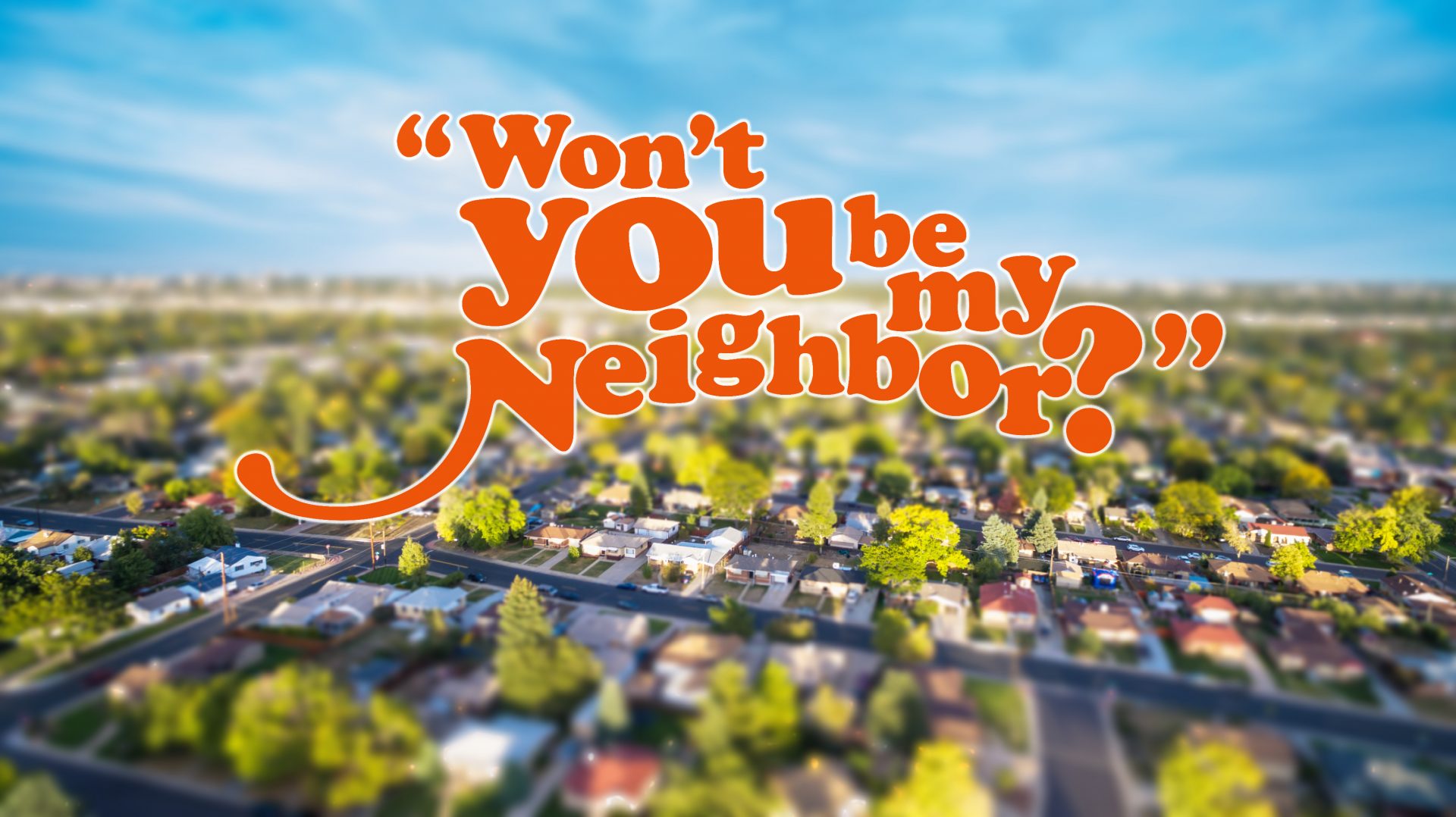Imaginative Exercise | Revelation 19:6-9
Aaron Bjorklund2025-06-19T10:38:25-06:00'Then I heard what seemed to be the voice of a great multitude, like the roar of many waters and like the sound of mighty peals of thunder, crying out, "Hallelujah! For the Lord [...]



